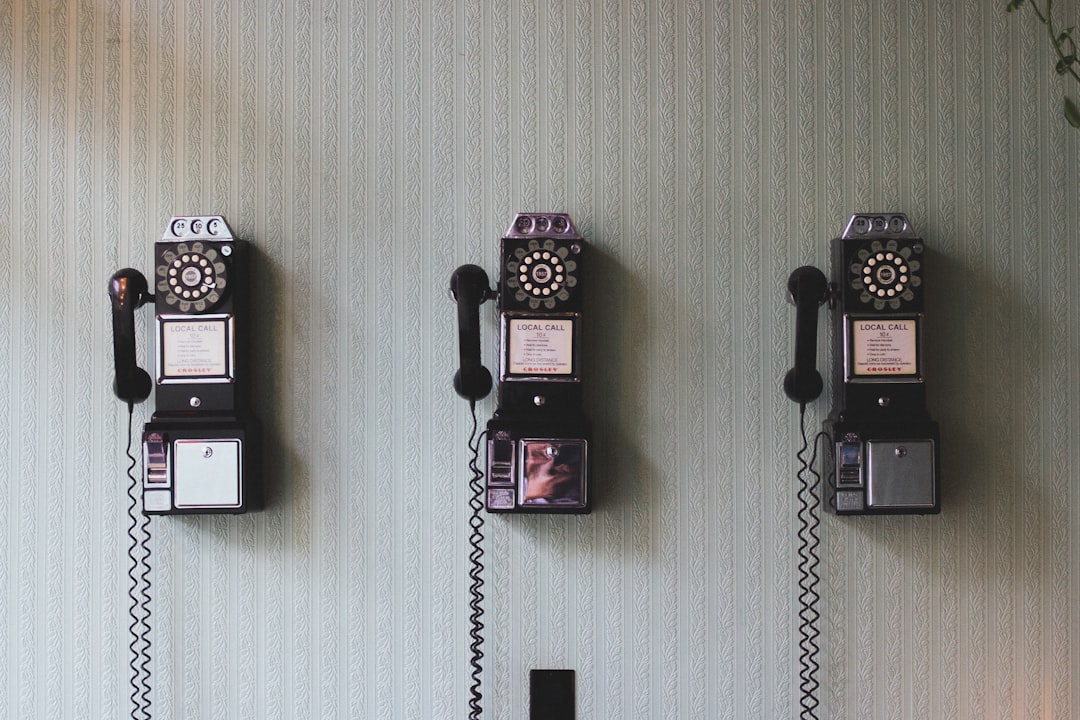In Nevada, "no call" laws protect residents from unwanted telemarketing. Specialized No Call Lawyers and Attorneys in Nevada help businesses comply with these regulations and offer legal support for residents affected by unsolicited contact. A "solicitation call" is illegal if it violates 'Do Not Call' lists or uses automated systems without disclosure. Those affected should document incidents and consult a specialized law firm to file complaints and take legal action against violators, protecting their privacy and contributing to a respectful communication environment.
In Nevada, understanding “solicitation calls” is crucial for protecting your privacy. These unwanted phone requests, often from telemarketers, can range from simple nuisance to illegal intrusion under the state’s stringent No Call Laws. This article guides you through Nevada’s no call attorney regulations, clarifying when a solicitation call becomes illegal and empowering you with rights and steps if your no call lawyer Nevada rights are violated. For effective guidance, consult top spam call law firm Nevada specialists dedicated to navigating these laws.
Understanding Nevada's No Call Laws: What They Cover

In Nevada, “no call” laws are designed to protect residents from unsolicited telemarketing calls and sales pitches, often referred to as spam calls. These laws are comprehensive and cover a wide range of communication methods, including telephone, email, text messages, and even social media direct messages. The primary purpose is to empower individuals to control their privacy and prevent intrusive marketing practices.
Under Nevada law, a solicitation call is generally defined as an initial contact made by or on behalf of any person or entity engaged in the promotion or sale of goods, services, or investments, with the intent to encourage potential business transactions. This includes calls from both local and out-of-state companies. No Call Lawyers and Attorneys in Nevada specialize in navigating these regulations, ensuring businesses comply and providing legal recourse for residents who experience unsolicited contact. They can guide you through the nuances of the spam call laws and help you understand your rights as a Nevada resident.
When Does a Solicitation Call Become Illegal?

In Nevada, a “solicitation call” is defined as an unwanted telephone call made by or on behalf of any business or person seeking to sell or promote goods or services. While many businesses use telemarketing as a legitimate sales tool, there are situations where these calls become illegal under the state’s no-call laws.
A solicitation call transforms into an illicit act when it violates specific regulations, such as occurring during times when recipients have explicitly requested not to be contacted (often indicated by registering with “Do Not Call” lists), using automated dialing systems or prerecorded messages without clear disclosure, or targeting individuals who have opted out of sales calls. Individuals who feel their rights have been infringed upon by unsolicited calls can seek legal counsel from a No Call Lawyer or Attorney in Nevada to understand their options and potential remedies under the state’s spam call laws. Engaging the services of a specialized law firm adept in navigating no-call regulations is crucial for ensuring compliance and safeguarding against legal repercussions.
Your Rights and Next Steps if You've Been Violated

If you’ve been a victim of unwanted solicitation calls in Nevada, knowing your rights is crucial. These unauthorized and often harassing phone calls, typically related to telemarketing or sales, are governed by Nevada’s No Call Laws, designed to protect residents from excessive marketing calls. If your privacy has been invaded by such calls, the first step is to document the incidents, including the caller’s ID, call timestamps, and any recorded conversations.
Next, consider reaching out to a No Call Lawyer or No Call Attorney in Nevada who specializes in consumer protection law. These legal professionals can guide you on how to file a complaint with the Nevada Attorney General’s office or relevant regulatory bodies. They may also be able to represent you if legal action is required against the violators, ensuring your rights are upheld and serving as a deterrent for future infringements. Remember, standing up for your right to silence unwanted calls can make a significant difference in maintaining a peaceful and respectful communication environment.






